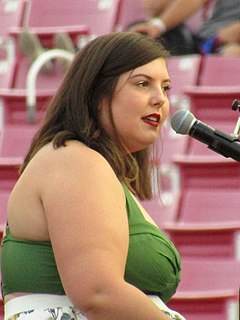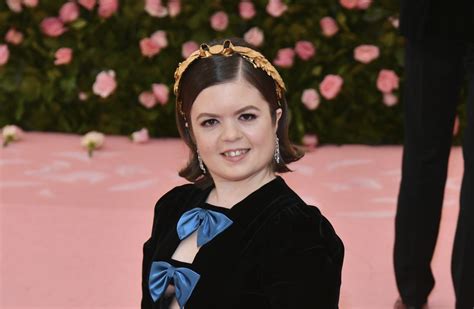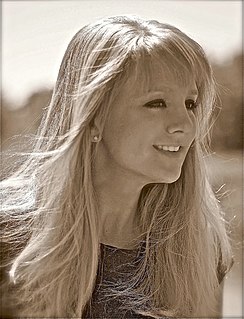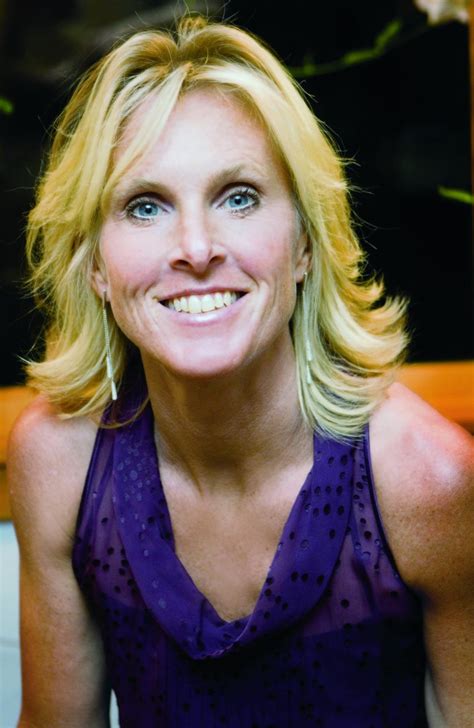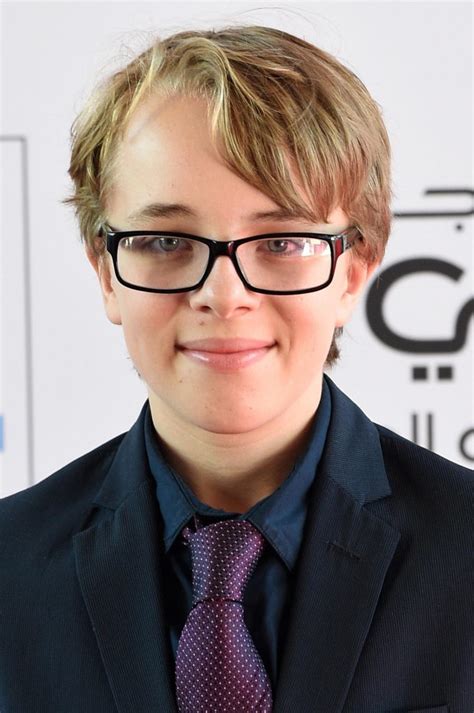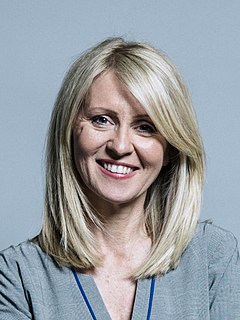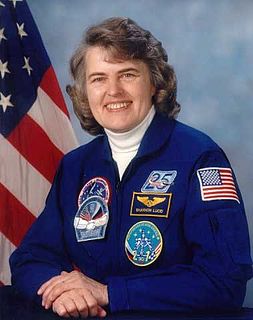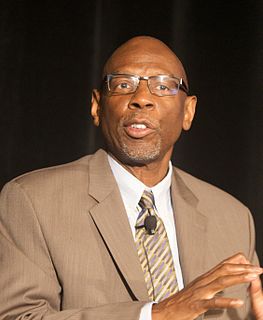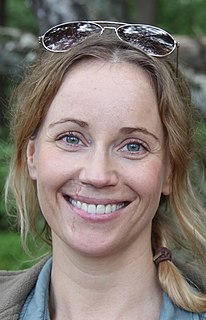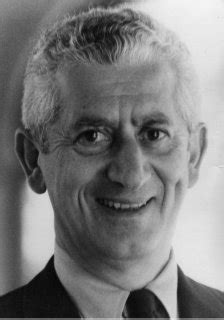A Quote by Mary Lambert
I was going to be a teacher. I was applying to graduate school when I got the call to do 'Same Love,' actually. I was gonna go to Boston University for my masters in teaching.
Related Quotes
What does a teacher do in a school? A teacher would tell you off or give you lines or whatever it is, detentions, but at the same times, they are wanting your best interests at heart. They are teaching you, they are educating you, but at the same time, they will also have the ability to sanction you.
Dad has worked as a banker at the same firm in Boston, living in the same suburban neighborhood for over 50 years. Later in life, when I got out of graduate school and imagined myself living the life of a writer like Hemingway or Kerouac, his practical self inevitably encouraged me to get a steady a job and raise a family, just like he did.
I don't know anything about starting a university, and that was a fake university.There are people who borrowed $36,000 to go to Trump University, and they're suing now - $36,000 to go to a university. That's a fake school. And you know what they got? They got to take a picture with a cardboard cutout of Donald Trump. That's what they got for $36,000.
I would start by writing to an adult, maybe a high school teacher, or maybe an aunt or uncle, and writing and telling them why you want to go to a particular university. That's probably what you would actually sound like. Then write your letter to the university, and put those 2 versions in front of you, and look at the difference between those 2 things.
Most people you'd tell "I'm gonna be a musician," they'd say, "you're crazy, you're gonna starve, you're gonna be poor, a drug addict, go to jail, you'll never make it, there's too much competition, it's a terrible business," etc. But my chorus teacher in high school said, "you've got what it takes to be a really good professional musician, you should consider it." That was an epiphany for me. So I thought, well, maybe I can help somebody, too.
...a student attains 'higher order thinking' when he no longer believes in right or wrong". "A large part of what we call good teaching is a teacher´s ability to obtain affective objectives by challenging the student's fixed beliefs. ...a large part of what we call teaching is that the teacher should be able to use education to reorganize a child's thoughts, attitudes, and feelings.
